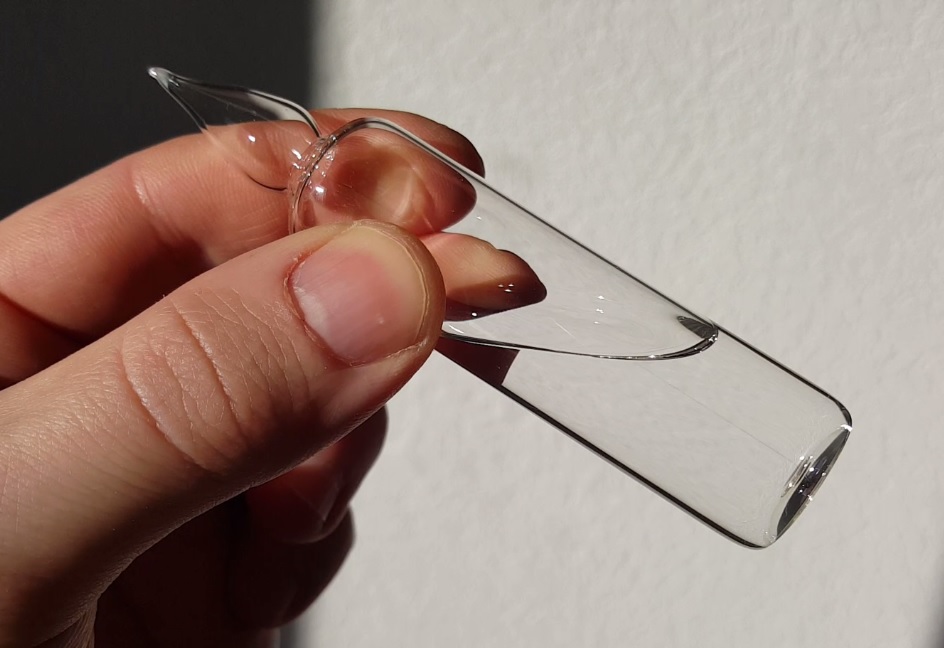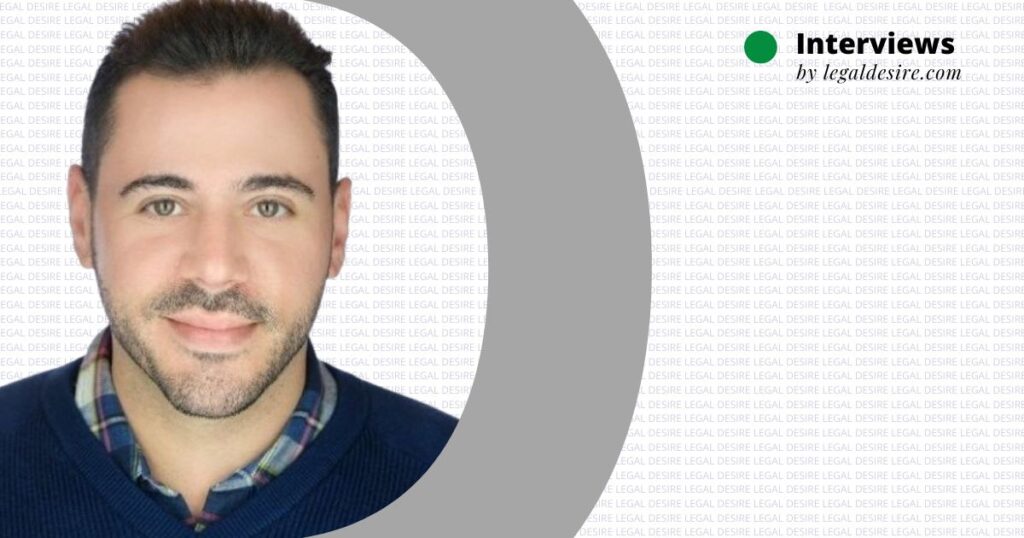Now Reading: In Conversation with Dr. O. P. Jasuja, Professor & Head, Department of Forensic Science, Chandigarh University, Punjab
-
01
In Conversation with Dr. O. P. Jasuja, Professor & Head, Department of Forensic Science, Chandigarh University, Punjab

In Conversation with Dr. O. P. Jasuja, Professor & Head, Department of Forensic Science, Chandigarh University, Punjab
With a vast experience of more than 32 years in Teaching, Research and Administrative Operations, Dr. Jasuja is currently serving as a Professor & Head at Dept. of Forensic Science, Chandigarh University. He superannuated from Panjabi University, Patiala serving as the head of Forensic Department. Dr. Jasuja has been immensely contributing towards institution as Vice President – International Association of Forensic Institutes and life member of Indian Academy of Forensic Science, Indian Society of Forensic Science and Indian Science Congress Association. Dr. Jasuja was awarded as “Young Scientist Award” at IAFS, Tokyo in 1995 and “Second Best Paper Presentation Award” at Forensic Science Forum Indian Science Congress, New Delhi in 2001. He was also nominated by Ministry of Home Affairs, Government of India, to be a Member of the Forensic Science Advisory Committee (F-SAC) of the Directorate of Forensic Science, New Delhi. In 2013, Dr. Jasuja received National Award to a patent by Technology Innovation, Forecasting and Assessment Council (TIFAC), Department of Science & Technology, Government of India. Dr. Jasuja has successfully planned, led and organized “International Symposium on Forensic Science” at Punjabi University, Patiala in 2002 and he holds excellence in organizing along with attending various seminars, workshops, lectures, presentations and study camps at various levels. He has effectively attended 70+ conferences, contributed in many book chapters and published 85+ papers along with supervising Ph.D. students. Dr. Jasuja fostered and maintained a clear vision for the future of the institution that reflects its educational mission and where practicable to widen the opportunities for such experience in the community.
Interview:
- What inspired you to join the academics in the Forensics domain during those early days, when there wasn’t much awareness about Forensics in the country? How was this step perceived by others?
Yes, you are correct that there was not much awareness about the subject back then. But there was a zeal to do something different, when I came across the admission notice of Punjabi University for MSc Forensic Science which took me to the field. Though my decision was not wise enough if we consider in the right perspective that forensic science is merely an application of pure sciences, I am admitting my mistake here because the students are still making wrong decisions while getting admission to these courses, especially BSc Forensic Science in the present form. You may refer to our recent write up published in the February 2021 Issue of Forensic Reporter.
- Many Academic Institutes providing Forensic Sciences courses in India have very poor infrastructure & fewer resources for academics & research purpose. How have you dealt with this issue?
A child cannot start running at the time of birth itself. Every project takes its own time. Unfortunately, in case of forensic science, institutes have not been established with any vision or defined mission. Therefore, the present state of affairs. In my case, when I started my career, I was fortunate to identify the issues with the forensic analysis and tried to resolve those issues with simple and innovative methods. If you look into the list of my publications, most of the research papers are having titles like ‘a simple method’ or ‘a simple modification’ etc. Simultaneously, kept trying concerted efforts to strengthen the laboratory facilities. Research grants and funding from central agencies could make it possible to have all modern facilities in our teaching departments at my university from where I superannuated.
- It has been observed that there is a non-uniformity of syllabus of Forensic Science at both UG & PG level in various colleges/institutes. How does this impact on the students pursuing their studies in such courses? According to you, how should an ideal syllabus be designed that benefits the students and society as a whole?
The recently published article in your reporter explains it well, still I would like to say that there is no need of BSc Forensic Science programme without a full curriculum of Chemistry, biology, physics and/or maths. It is proposed in three models that there may be an integrated course leading to MSc in forensic science where first three years, basics of forensic science and laws pertaining to the field with conventional courses of crime scene investigation, questioned documents and fingerprints etc could be dealt with while last two years should have a thrust upon specialization in advanced fields like computer forensics, DNA forensics, Forensic Psychology etc including research-based dissertation. There may be an exit plan after BSc if a student wishes. Stand-alone MSc Forensic science programmes in present form in most of the universities are having uniform curriculum because of the efforts of Dr MS Rao, formerly Chief forensic scientist, DFSS, MHA, New Delhi and needs only periodical updation.
- Being involved as a reviewer to various national & international journals related to Forensic Sciences, you might have across thousands of research/review works in this domain. What issues have you encountered while assessing/reviewing such works and what advice would you like to give the researchers in the domain, to avoid any mistakes while submitting/publishing their research work, helping the work acceptable and publishable in a reputed journal?
The most important aspect of publication of any research is identification of the problem. Though there are so many journals available which can publish any research but quality journals still maintain the standard of research publication by adopting very stringent blind peer review. The authors should go through the instructions to authors of that particular journal where they want to publish their research. Also, authors should go through the back issues of the journal to see if similar type of the research is being published by that journal. If the research is relevant and novel, then no journal will decline to publish that research.
- You have been called as a Guest Speaker by various National & International Organizations. How different is this experience compared to teaching the students in a classroom setting? What questions are generally asked to you by students & professionals of different backgrounds?
To lecture in conference on invitation is a bit formal and there may not be many questions as if the audience takes any idea from the lecture, they will try to test those findings in their conditions. While class lectures are more informal where the aim of the lecture is to impart not only the information but to enable the student to convert it into knowledge by understanding the deep things.
- There might have been instances, when might have been involved in consultancy work for various government and private agencies on some cases. How different is it from academics?
Forensic science is the field which gives immense satisfaction when it is applied to real cases and then those cases are explained in the classroom. I took cases from the field of questioned documents, fingerprints and 3D facial reconstruction from the skull and involved students in the lab while working on the cases. It is really a very much enriching experience.
- How important is it to indulge &collaborate for research projects? In your opinion, what are the things to be taken into consideration while undertaking any research work related to Forensic & Investigative Science? What are some of the issues encountered while doing so and steps to deal with it?
This is the era of collaborative research. In the times of technology, the laboratory facilities are very costly which cannot be afforded by everyone. Moreover, by collaborating, things can be accomplished quickly resulting in early publications thus more credit. But for all this, one needs very high integrity and team spirit. For me, I feel that continuous training of the researcher and updating oneself is the issue faced by most of us from my generation. I always encouraged my students to attend/participate in maximum possible courses, training and workshops etc.
- What trends/changes have been observed as a researcher in the mode, method of conducting a research work, comparing the older times to the modern time?
Technology explosion has changed everything in the field of research. Earlier we used to wait for months to get a research paper from the author but nowadays, it is available in no time. There were no issues like intellectual property rights. Not many bibliometric utilities to explore the field of research of your interest were available. Automation was very less. IT makes research far easier these days.
- Is there a lacuna between theoretical & practical understanding in the Forensics Domain? In your opinion, what is the correct way for the Capacity building of professors teaching in this domain?
As I have already said, it is a long process and with mutual faith the issue of capacity building can be resolved. There is great scope of developing forensic services in public as well as private sector when we observe that very low number of forensic facilities are available in our country as compared to any other developed countries. If we take this factor in terms of facilities available to per million population then it comes to be negligible. University programmes must be uniform with minimum standards to keep the parity. Forensic science labs may be involved in training of the students. The field being very dynamic, each case has its unique nature and methods may be required to be modified a bit and immediate solution may not be possible under conditions, then that problems should be researched by lab professionals with the help of university departments resulting in collaborative research as well as training the students while going through the course.
By strengthening forensic services, that idiom comes true which says electricity saved is electricity generated because, utilization of forensic services vigorously will result in to low pendency thus early disposal of the cases in the court saving a lot of resources involved in the process of administration of justice.
- After being into academics for over 3 decades, how has the Forensics transitioned in our country compared to Foreign countries?
The process of scientific research in any field is very transitional inevitably so is the case with forensic science. we started working on sectioning of hair to determine species and sex etc while these days it looks obsolete. With sophisticated laboratory facilities definitely, more objective and accurate findings are being reported but still I believe the brain behind the machine is indispensable.
_________________________________________________________________________________________________________________
The Interview was first published in Forensic Reporter March 2021 Issue.
Interviewed by: Bhargav Rathod, Executive Assistant, Legal Desire Media & Insights









